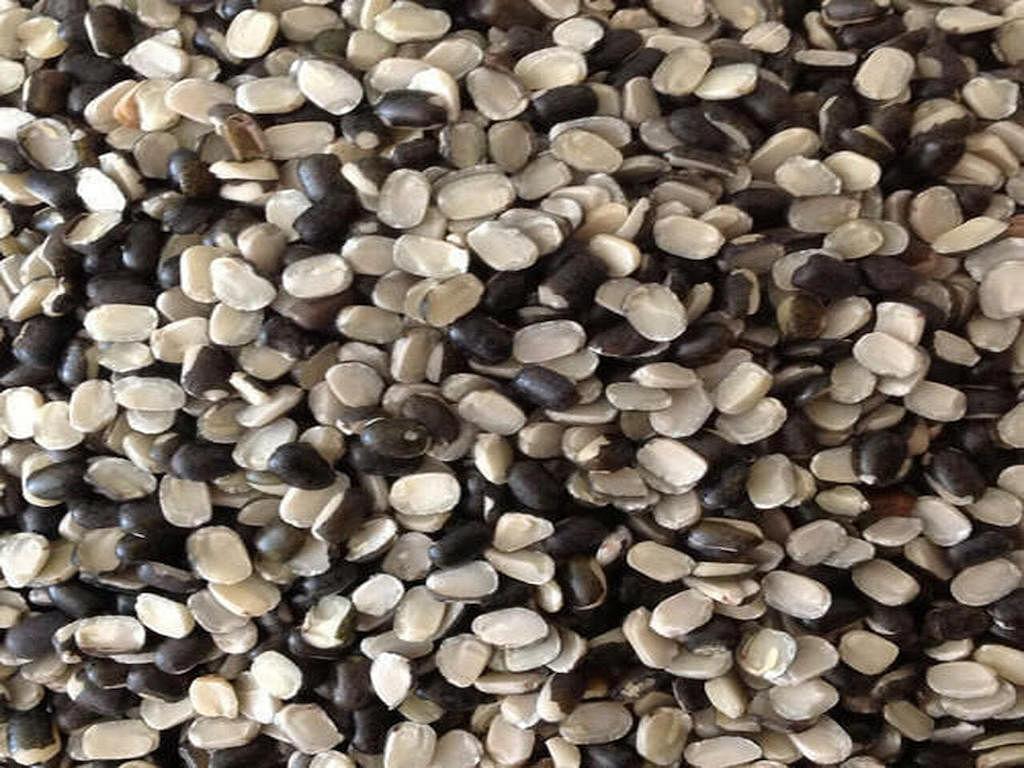
The government has extended the deadline for importers of soyameal and pulses like tur and urad to bring in their consignment into the country until January 31, 2022.
The free import policy for tur (pigeon pea) and urad (black matpe) has been extended until December 31, 2021, according to a notice released on Tuesday. Customs would not accept import consignments of these pulses with a Bill of Lading (BoL) issued on or before December 31, 2021, beyond January 31, 2022, it stated.
Previously, the free import policy was set to end on October 31, with arrivals allowed until November 30.
Importers Rejoiced by Government’s Decision
Pulse importers have applauded the government's decision to extend the import window.
“This year's tur, urad, and moong production is likely to be hampered by the interruption in monsoon for roughly three weeks between June and July, compounded by heavy rainfall, which might result in a major shortage in domestic output. The government has taken a proactive move by extending the import window, ensuring sufficient imports of these pulses to go through the current festival season till the new harvest arrives on the market. This would also assist to keep prices stable, according to Bimal Kothari, Vice-Chairman of the Indian Pulses and Grains Association (IPGA).
Challenges In Logistics
The IPGA recently requested the government to extend the arrival deadlines for pulses imports from Myanmar and East Africa by 60 and 90 days, respectively, due to the current container and vessel shortage.
“Tur is harvested in August in East Africa, and shipments begin in September. However, due to a lack of containers and vessels connecting to India from transit ports, these cargoes are taking far longer than usual to arrive. The trade was concerned that the extended sailing time would cause cargoes to arrive in India after the original deadline of November 30. With the arrival deadline being extended until December 31, 2022, and arrival before January 31, 2022, importers will have plenty of time to procure and ship pulses to India,” according to Kothari.
The DGFT said in a separate announcement on Monday that shipments of soyameal with a bill of lading date on or before October 31, 2021, will not be allowed by Customs after January 31, 2022.
Bangladesh has agreed to supply importers with 1.25 million tonnes of soyameal. Bangladeshi shipments of around 1,500 tonnes per day began on August 29. 75,000 tonnes of soyameal have been contracted from Vietnam, while 2 lakh tonnes of soyameal have been contracted from Argentina and are expected to arrive in mid-October. More contracts for 5-7 tonnes are awaiting confirmation from the ports.
The expansion of the import window might come down on soyabean costs, said Rahul Chauhan of IGrain India. Soyameal imports have been occurring from Bangladesh and this would assist importers with getting transfers from Brazil and Argentina.
The expansion of the import window will help the livestock industry. He named the choice as "exceptionally balanced," said Bahadur Ali, Chairman, All India Poultry Breeders Association.
As of late, the AIPBA had encouraged the govt. to review the shipment date and ports for ease of imports of soyameal and de-oiled cake. Even after the govt. had permitted imports, the costs of soyameal had begun firming up, after an underlying plunge, because of an expected deferral in shipments.
The non-accessibility of vessels and high traffic on ports were creating setbacks for shipments, as indicated by AIPBA. Besides, the journey time is around 65-70 days from Argentina, Brazil and the US, from where the shippers have gotten the soyameal.
















